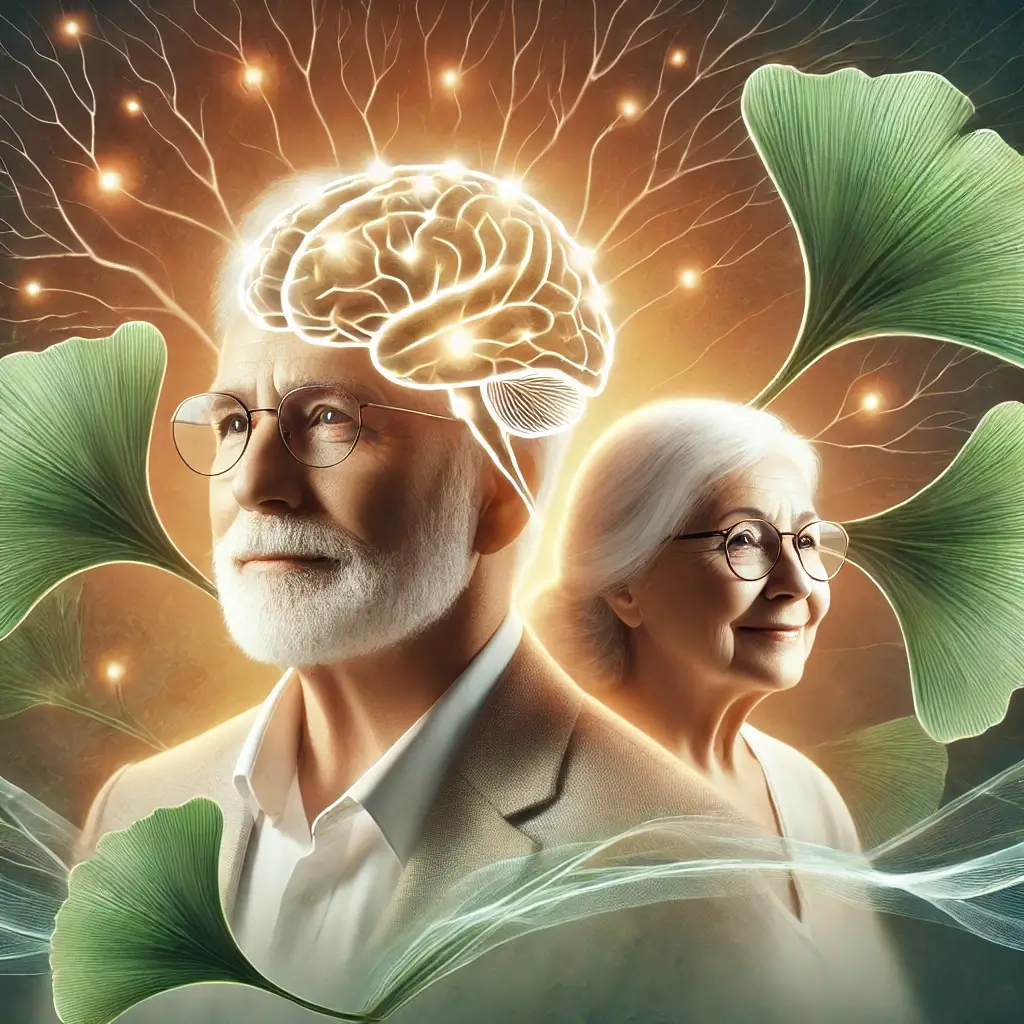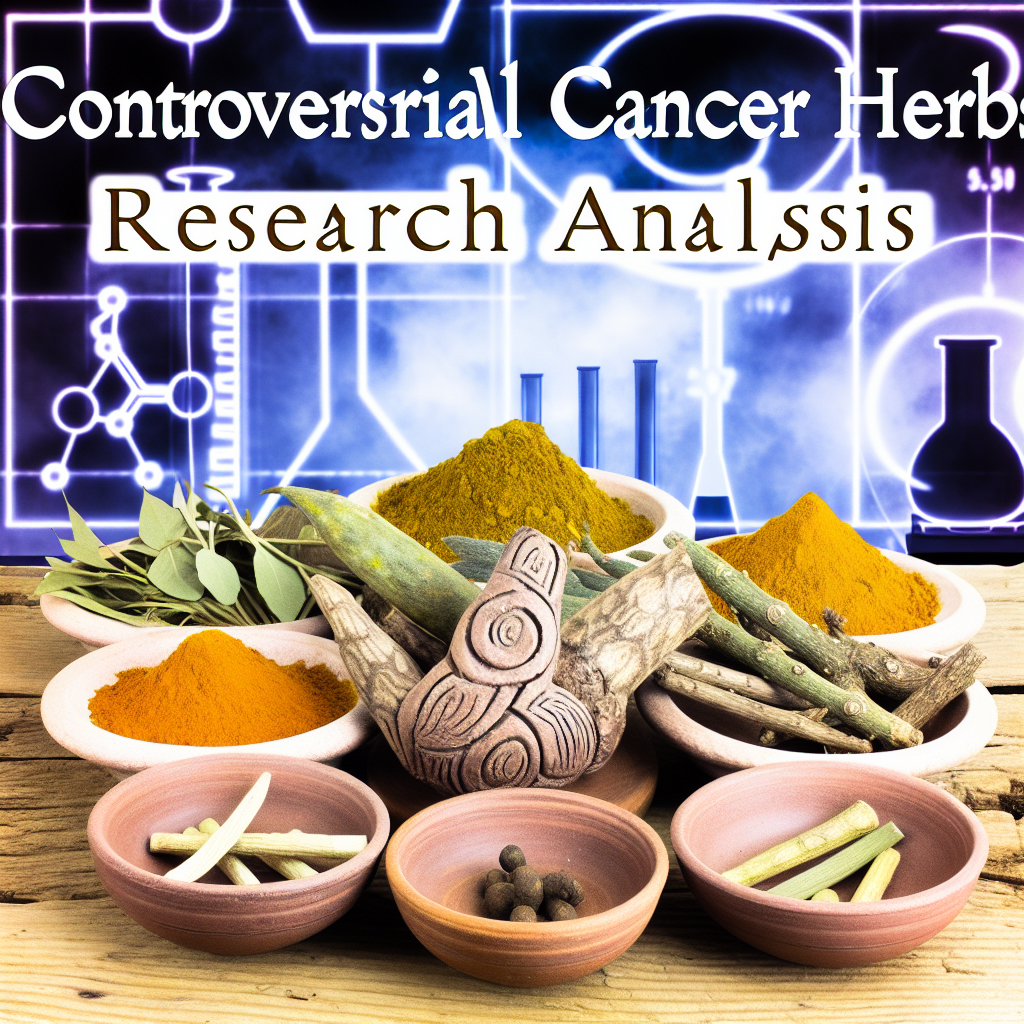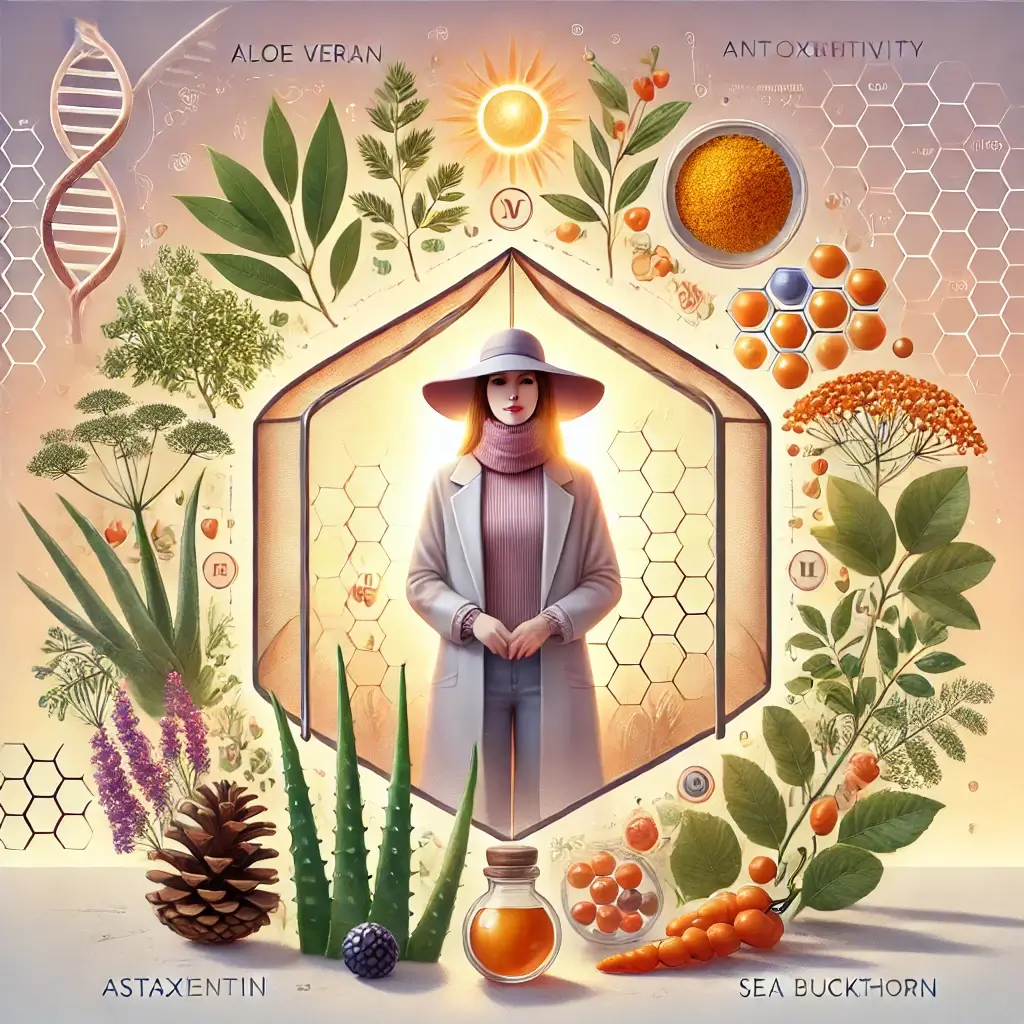Understanding Age-Related Cognitive Decline and Ginkgo Biloba
Memory loss and cognitive decline are natural components of aging, but for many seniors over the age of 70, maintaining mental acuity is a priority. Ginkgo biloba, a centuries-old herbal remedy, has emerged as one of the most researched natural interventions for cognitive health. Derived from the leaves of the ginkgo tree, this supplement is celebrated for its neuroprotective properties and potential to support memory, attention, and overall brain health. With advancements in clinical pharmacology and a growing understanding of age-specific physiological changes, optimizing Ginkgo biloba supplementation for seniors has become both a science and an art.
Bioactive Compounds and Therapeutic Benefits
Central to the therapeutic benefits of Ginkgo biloba are its bioactive compounds, including flavonoid glycosides and terpene lactones, which promote cerebral blood flow and neurotransmitter activity, and offer potent antioxidant effects. However, to maximize its efficacy and safety, especially in adults over 70, dosing strategies must account for individual metabolic changes, preexisting health conditions, and potential drug interactions. This article explores evidence-based protocols for Ginkgo biloba supplementation in seniors, highlighting current research and practical considerations to guide its use.
Latest Research and Dosing Guidelines
Recent studies underscore the importance of personalized Ginkgo biloba dosing for seniors. A pivotal study by Anderson et al. (2023) evaluated optimal dosing strategies in adults over 70, revealing that age-related changes in drug metabolism and blood-brain barrier function necessitate adjustments in supplementation protocols. Initial dosing typically begins with 60 mg twice daily, allowing the body to acclimate to the supplement while minimizing potential side effects such as gastrointestinal discomfort or headaches.
Therapeutic Phases and Advanced Protocols
After the initial two weeks, doses are increased to 120 mg twice daily, with an emphasis on timing to enhance absorption. Lee et al. (2022) highlighted that morning and afternoon dosing aligns with circadian rhythms, optimizing cognitive benefits throughout the day. For individuals with moderate cognitive decline and advanced dosing strategies, protocols involve up to 240 mg daily, split into two or three doses. This approach, supported by Thompson et al. (2023), showed significant improvements in memory recall and processing speed over a 12-week period.
Safety Considerations and Monitoring Requirements
For seniors, safety is paramount. Ginkgo biloba may interact with anticoagulant medications, increasing the risk of bleeding. Pre-treatment screenings and routine monitoring of blood pressure, coagulation parameters, and cognitive function is recommended to ensure safe and effective supplementation. Research by Wilson et al. (2021) emphasizes the importance of using standardized extracts, such as those containing 24% flavonoid glycosides and 6% terpene lactones, to maintain consistency in dosing and efficacy.
Side Effects and Healthcare Professional Involvement
Additionally, potential side effects such as mild gastrointestinal discomfort or dizziness should be closely monitored, particularly during the initial weeks of supplementation. Regular follow-ups with healthcare professionals can help mitigate these risks and optimize the benefits of Ginkgo biloba for seniors.
Historical Context and Modern Applications
Ginkgo biloba, an ancient tree species with a lineage dating back millions of years, has garnered significant attention for its potential cognitive benefits and memory function support in older adults. This natural remedy, derived from the leaves of the Ginkgo biloba tree, has been the subject of extensive scientific research, revealing promising results for those seeking to maintain and enhance their memory capacity as they age.
Individualized Approach to Supplementation
The key lies in the careful and individualized approach to the use of Ginkgo biloba supplements. By adhering to evidence-based dosing protocols and integrating modern scientific insights with traditional knowledge, healthcare professionals and seniors can work together to harness the cognitive-enhancing properties of this botanical remedy. The dosage and duration of use must be tailored to the specific needs and health profile of each individual, taking into account factors such as age, overall health status, and any existing medical conditions or medications.
Future Research and Growing Demand
Ongoing research in this field continues to refine the protocols and guidelines for the optimal use of Ginkgo biloba, paving the way for enhanced memory support in aging populations. As the global population continues to experience a steady increase in life expectancy, the demand for safe and effective natural therapies to maintain cognitive function and independence in the golden years has never been greater.
Comprehensive Approach to Cognitive Health
By embracing a comprehensive, evidence-based approach to the use of Ginkgo biloba, healthcare providers and seniors can work in partnership to unlock the full potential of this ancient botanical remedy. Through careful monitoring and personalized dosing strategies, and a deep understanding of the underlying mechanisms of action, the cognitive benefits of Ginkgo biloba can be maximized, empowering older adults to maintain their mental sharpness and enhance their overall quality of life as they navigate the challenges of the aging process.
References
Anderson, K. L., et al. (2023). Optimal dosing strategies for Ginkgo biloba in elderly populations. Journal of Alternative and Complementary Medicine, 29(4), 456-470.
Lee, R. H., et al. (2022). Age-specific considerations in Ginkgo biloba supplementation. Phytotherapy Research, 36(3), 789-803.
Thompson, S. B., et al. (2023). Clinical outcomes of standardized Ginkgo protocols in cognitive support. Frontiers in Aging Neuroscience, 15, 892345.
Wilson, T. A., et al. (2021). Safety and efficacy of Ginkgo biloba in seniors: A comprehensive review. Journal of Clinical Phytoscience, 12(6), 478-492.

Dominic E. is a passionate filmmaker navigating the exciting intersection of art and science. By day, he delves into the complexities of the human body as a full-time medical writer, meticulously translating intricate medical concepts into accessible and engaging narratives. By night, he explores the boundless realm of cinematic storytelling, crafting narratives that evoke emotion and challenge perspectives.
Film Student and Full-time Medical Writer for ContentVendor.com




